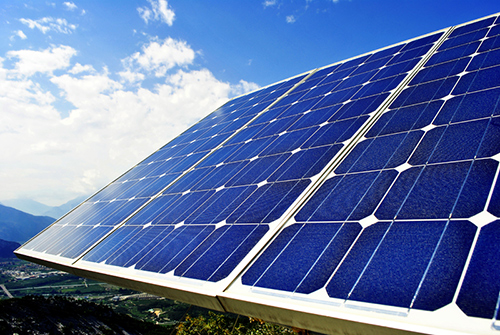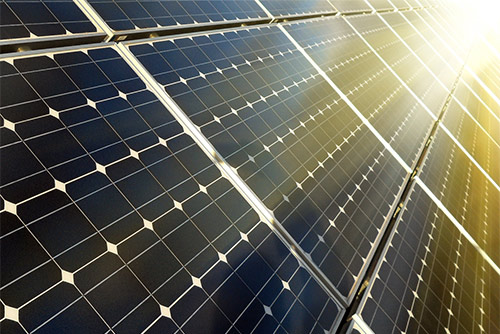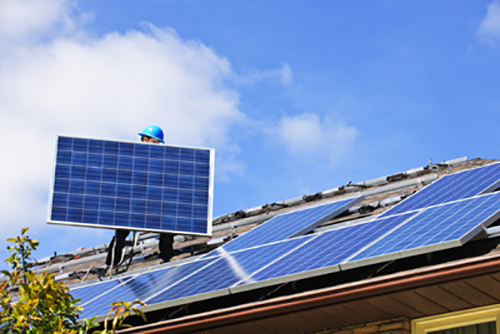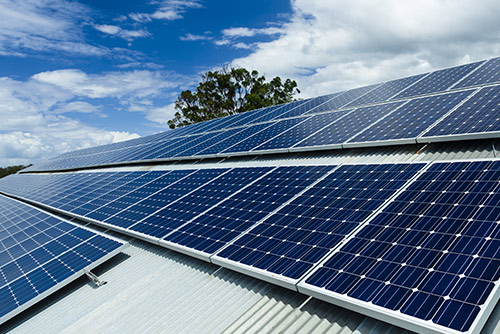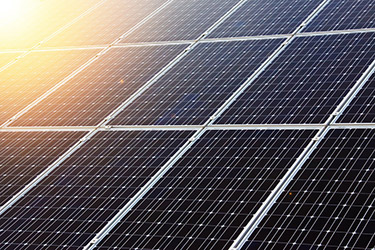Solar Energy in Neosho, MO
Solar Energy in Neosho
Sorry, historical solar radition values for Neosho are currently unavailable, please check back later.
Solar Panels in Neosho
Solar panels in Neosho that will produce the maximum solar energy output. [More]
Sunrise & Sunset in Neosho
The total length of the day in Neosho, MO today (April 19, 2025) will be 13 hours and 22 minutes. [More]




